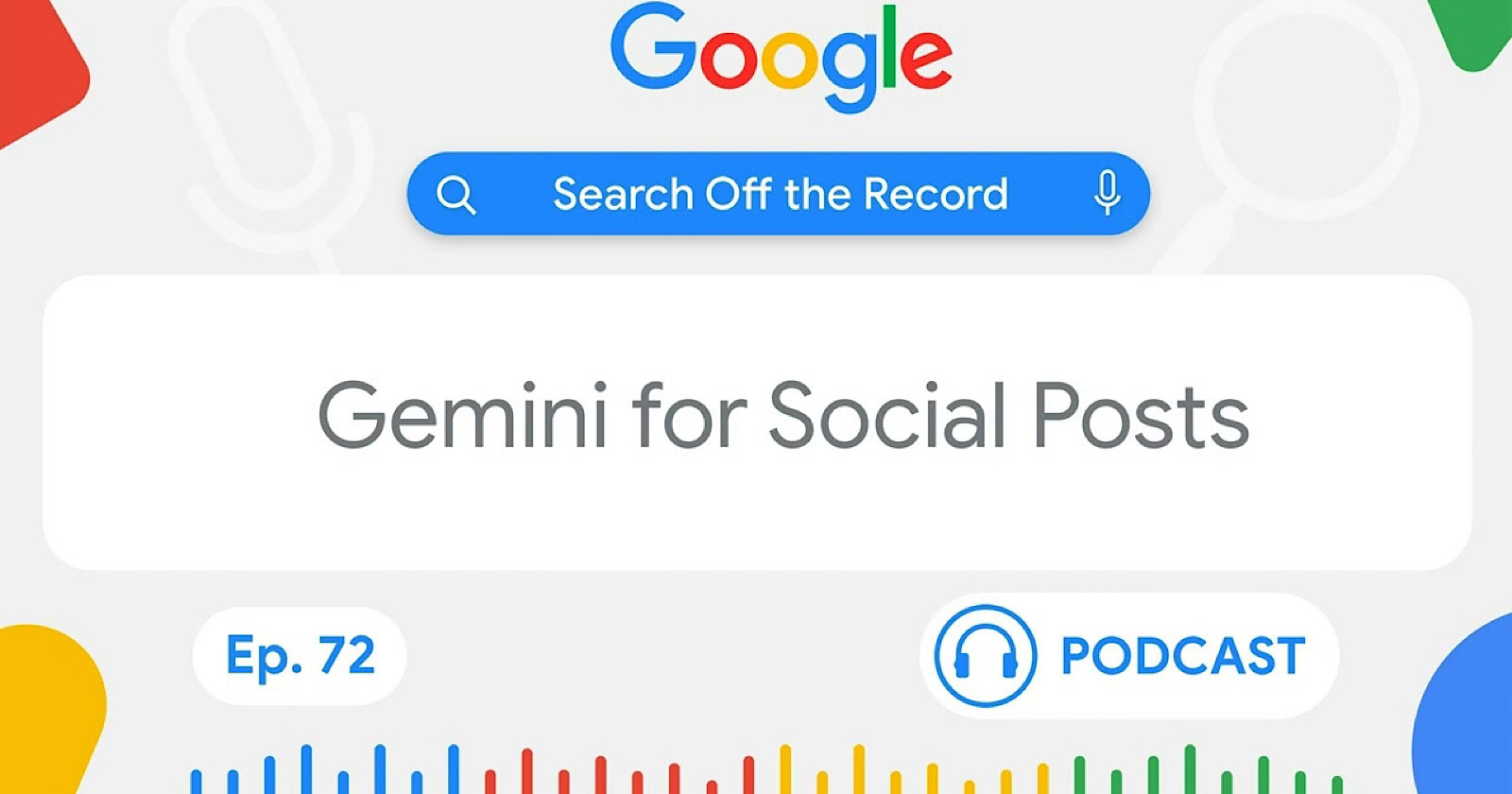

Rio SEO’s 2021 Consumer Behavior Study examined how customer shopping behavior is evolving and aligning with the current climate. Shifts in both in-person and online behavior were noticeable across every vertical, and are proving to be long-lasting as the pandemic continues to disrupt nearly every aspect of our lives. To effectively measure the impact of COVID-19 on searching and shopping behaviors, we conducted a survey among 1000+ US-based consumers in order to shed light on:
- How consumers are conducting online searches
- The impact of reviews and ratings on a consumer’s decision-making process
- Which platforms are most frequently used as part of the local shopping journey
- And, how COVID-19 has reshaped the buyer’s journey
Recently, we published the results of this study. We assembled a panel of experts to share the most impactful findings from the study and give their expertise around how to apply them to your local marketing strategy to emerge from the pandemic stronger than before. The panel included Rio SEO’s Mick Wilson, Vice President of Client Success, Ryan Weber, Director of Client Success, and Doug Gargaro, Account Director.

To give a brief background on the study’s methodology, we polled a random sample of more than 1,000 consumers of diverse age groups, genders, regions, and devices. Questions focused on consumers’ local search behavior, including the impact of business’ reviews/online reputation and COVID-19’s transformational changes such as curbside pickup and virtual services.
Let’s dive into the top points discussed during the webinar.
Google Search and Maps Set the Foundation for Search Efforts
We found a large percentage (83%) of respondents turn to Google as their search engine of choice to learn more about nearby businesses. Additionally, 55% of respondents indicated they use Google Maps to find nearby businesses. With Maps and Search far surpassing other search platforms in our study, this sheds light on the importance of fully optimizing your listings in Google My Business (GMB) to build trust and encourage conversions with searchers.

As our panel states, Google sets the foundation for your search efforts. Once you’ve ensured accurate listings across all your locations in GMB, then it is worthwhile to extend those efforts to other popular search directories, such as Nextdoor, Yahoo!, Bing, and more.
Our panel also notes that some business verticals may benefit from submitting their location data to more niche-specific directories, such as TripAdvisor for hospitality brands or Yelp for restaurant brands.
Information Accuracy is Essential on Google
Half of our study respondents said they expect a business’ information to be accurate on Google as compared with 34% of respondents who said they expect the information on a brand’s website to be correct. With more respondents relying on Google for accurate business information, this further points to the need for complete, up-to-**** listings for every business location.
Once you’ve ensured accuracy for your core listing data, it can then be aggregated across other directories. This enables your business to be the single source of truth, no matter what search directory customers find you on. It also improves your expertise, authority, and trust with Google, which are all components of being highly ranked in the Search Engine Results Pages (SERPs).

Take Advantage of Free Conversion Opportunities in GMB
Consumers indicated they are most frequently searching for a business address, contact information, and website. However, 33% are also seeking online ordering information and 31% are looking for promotions. In addition to ensuring your GMB listing contains basic elements such as your name, address, and phone number, our panel also recommends considering other free conversion opportunities in GMB. These include:
- Google Posts: Posts appear on the local panel and on Maps. They allow your brand to promote sales, share location-specific offers, disclose COVID-19-related information, and more.
- Merchant Center: Merchant Center allows your business to manage how your in-store and online product inventory appears on Google. Customers can then purchase your products directly from Google, reducing friction in the ordering process.
- Place an Order Button: If your restaurant works with a supported third-party food ordering app, such as Postmates or Olo, users can place an order from your restaurant’s listing on Google Maps or Search. Find a full list of accepted third-party food ordering partners here.
- Bookings: Depending on your primary business category, your business may be eligible to schedule bookings via your GMB listing. You can find the scheduling partners Google accepts here.

COVID-19 Created Untapped Opportunities for Certain Verticals
Undoubtedly, some business verticals came out on top throughout the pandemic compared to others.
Some financial services brands, such as mortgage lenders and fintech companies, for example, have seen growth in the past two years. While the pandemic continues to disrupt the global economy with lasting implications for businesses and consumers, financial institutions have navigated these challenges by contributing to pandemic relief efforts, adjusting operations and offerings to serve vulnerable market segments (such as small businesses), and implementing a breadth of virtual services.
In turn, this industry has recognized year-over-year growth across most regions. 42% of our respondents indicated they look for financial services businesses most often, a figure that may vary in future years to come.
On the other hand, the hospitality industry has been one of the hardest hit. Hotels continue to struggle to fill their rooms to pre-pandemic capacity due to historic drops in travel. There’s a long road to recovery ahead for the hospitality industry, much of which relies on the future direction of the pandemic. This was reflected in our own research as only 23% of our survey respondents indicated they most frequently use search engines to look up hotels.

Star Rating and Number of Reviews Are Heavily Weighted Factors in Decision Making
51% of study respondents indicated star rating is the most important factor in choosing a business when assessing their online reputation. The number of reviews a business has comes in a close second. Both factors outranked review recency (34%) and review sentiment (33%).

“From a consumer standpoint, a business’ star rating is most noticeable on a listing as is their total number of reviews,” said Weber. “Star rating is a proxy for quality. Number of reviews is often an indication of the popularity of the business. A business with both a high star rating and a large number of reviews will likely sway the consumer decision-making process when comparing a business with a low star rating and few reviews.”
First-party reviews also heavily weigh on a consumer’s decision to transact with a business. 75% of our study respondents agree first-party reviews on a brand’s website are likely to influence their purchasing decision. Our panel agrees that showcasing first-party reviews prominently on a brand’s website presents an opportunity to build trust with searchers and also impacts your web pages’ SEO when combined with Schema Markup.

Virtual and Socially-Distanced Shopping Behaviors Will Continue
“Curbside pickup, home delivery, food takeout—all these services have given us a glimpse of how we can be more efficient with our time and additional convenience we didn’t have before,” said Gargaro. “People will have become accustomed to these opportunities and will likely continue to leverage these services even once the effects of the pandemic lessen.”
43% of study respondents indicate they’re looking for home delivery information when looking at a business listing, and 30% said they’re looking for a curbside pickup option. Our panel agrees that brands in every vertical should leverage all available listing features available to them, from attributes to communicate health and safety measures in place at your business or Google Posts to share location-specific information/specials. A comprehensive, fully optimized business listing on Google Search or Maps is the current key for building a stronger online reputation, helping searchers find relevant information for your business in 2021.




